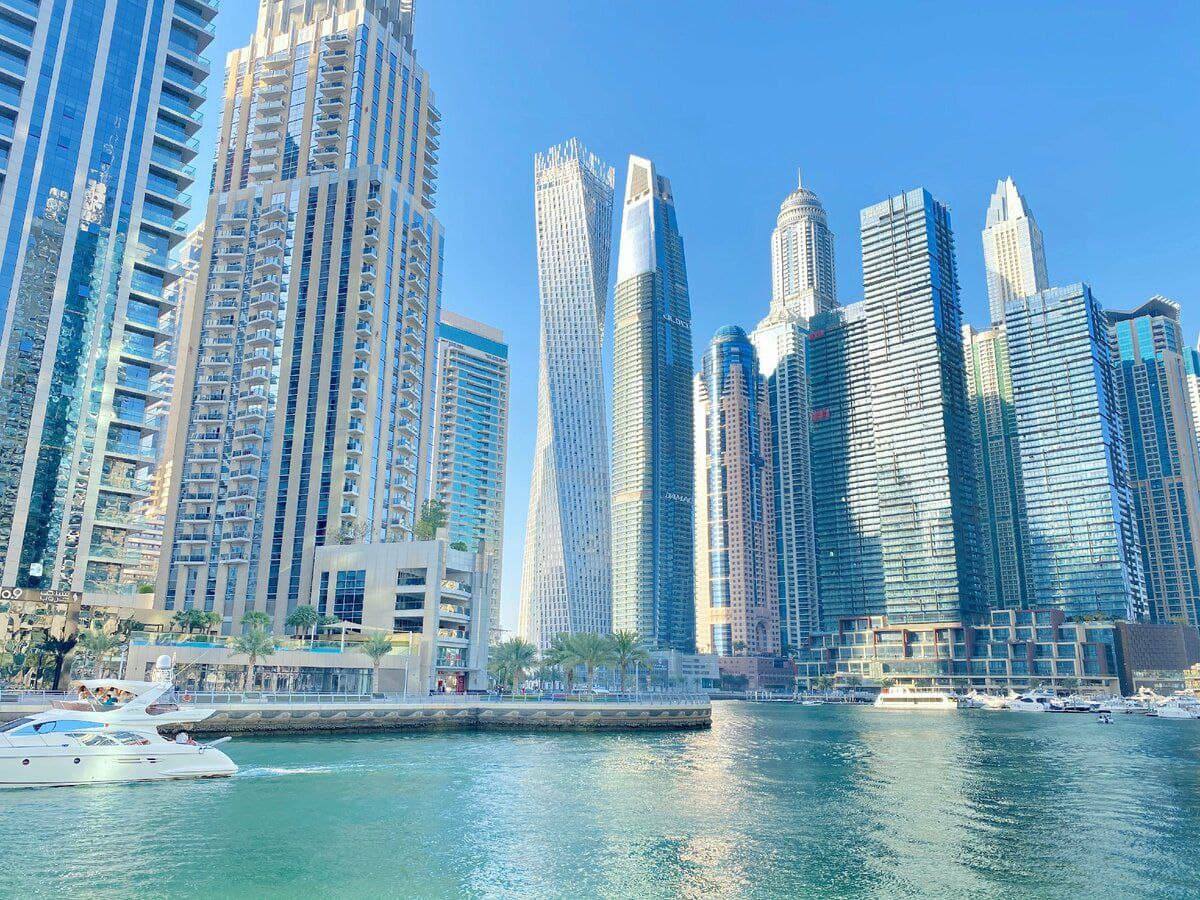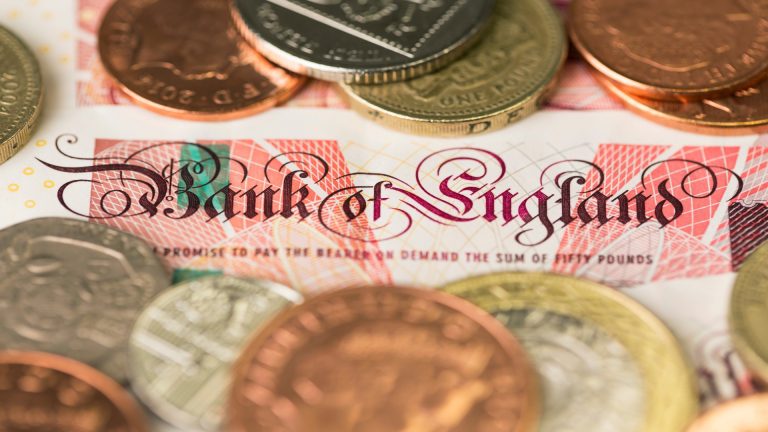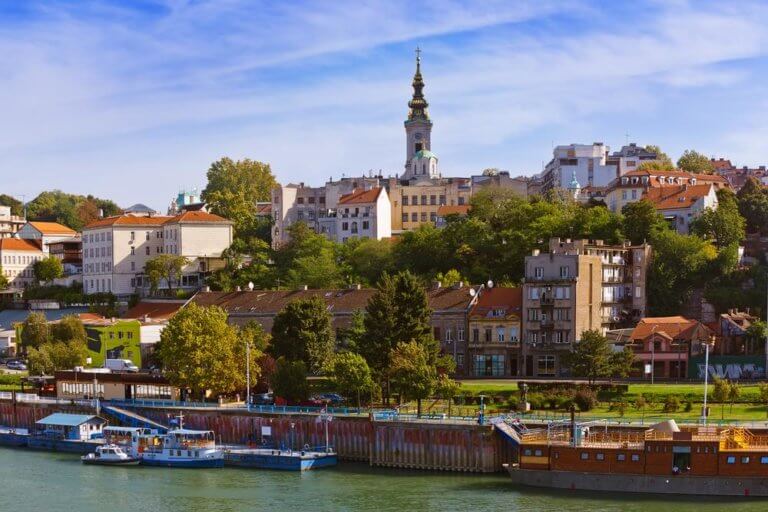Despite global economic uncertainties and the impact of rising interest rates in central banks worldwide, the property market in Dubai, United Arab Emirates (UAE), continues to thrive. According to the Bank for International Settlements, residential property prices in the UAE have surged by 28% over the past two years. This impressive growth outperforms both advanced economies and emerging markets, which have experienced 18% and 14% price increases, respectively. When examined in real terms, factoring in inflation, the UAE’s property value growth rate is a solid 5% Compound Annual Growth Rate (CAGR), significantly higher than the 2.4% of advanced economies and the 0.1% of emerging markets.
This trend of consistent growth in the UAE property market can be attributed to a few key factors. Unlike in many global markets, where residential property prices had been skyrocketing due to the ‘race-for-space’ phenomenon induced by the COVID-19 pandemic, the UAE’s market was more balanced. A surplus of supply absorbed the heightened demand, stemming from the burst property bubble of 2013-2014, resulting in barely changed real prices.
Further cushioning the UAE from the recent interest rate hikes in other parts of the world is the fact that a significant percentage of property purchases in the UAE are cash transactions. In contrast to the EU, UK, and U.S., where cash purchases account for between 25 and 50% of all transactions, in the UAE, they constitute roughly 70-75%. Therefore, interest rate increases have a limited impact on the UAE’s demand for properties.
The principal and most sustainable driver of growth in the UAE property market, however, is immigration. With the UN estimating that immigrants make up almost 90% of the total UAE population of around 10 million, and projections suggest this will grow to 11.1 million by 2030, demand for housing is set to persist. The majority of immigrants gravitate toward cities with higher living standards, like Dubai and Abu Dhabi. According to the UN, the current population of Dubai, approximately 3.5 million people, is expected to nearly double to 5.8 million in the next two decades.
In addition, the UAE’s zero income tax is an attractive lure for high-net-worth individuals. As noted by The National, the COVID-19 pandemic has also spurred a new trend of migration from countries like the UK to the UAE, with people taking advantage of the opportunity to work remotely while benefiting from the UAE’s tax advantages and high standard of living.
To quote a leading online property website, Housearch.com, “Dubai’s property market is an appealing investment hub for both local and international buyers due to its lucrative return on investment and high rental yields. The robust regulatory framework, transparent buying process, and high capital appreciation rate are some of the key drivers attracting investors to Dubai’s real estate sector.”
There may be headwinds globally due to the increase in central bank interest rates, the unique characteristics and dynamics of the UAE property market, particularly in Dubai, have enabled it to weather these challenges and continue on a trajectory of consistent growth.
























